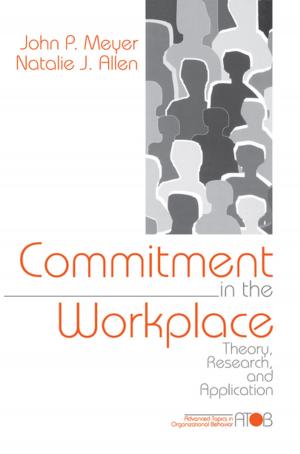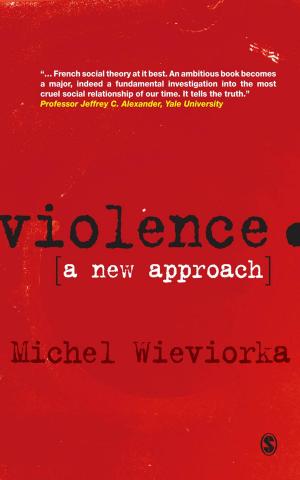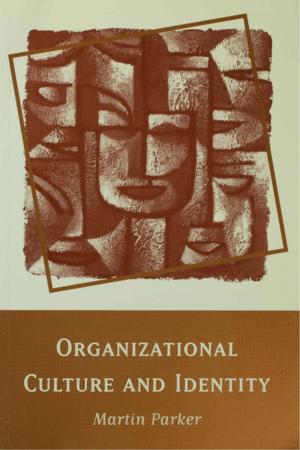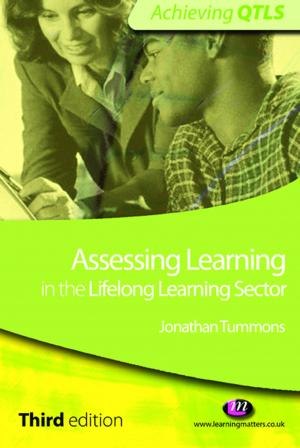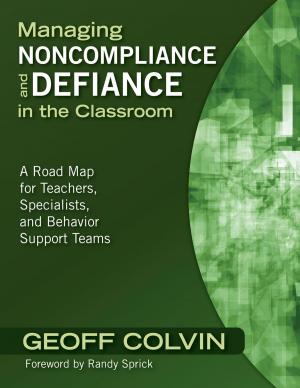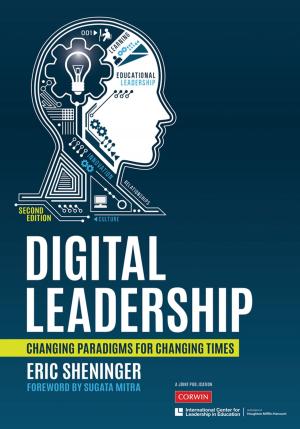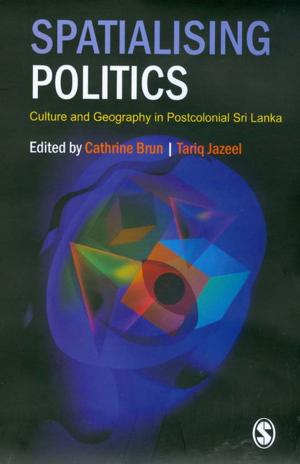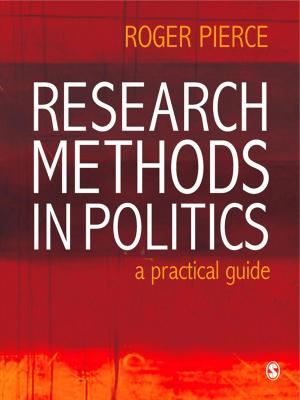Encyclopedia of Diversity in Education
Nonfiction, Reference & Language, Education & Teaching, Educational Theory, Multicultural Education, Bilingual Education| Author: | ISBN: | 9781506320335 | |
| Publisher: | SAGE Publications | Publication: | May 17, 2012 |
| Imprint: | SAGE Publications, Inc | Language: | English |
| Author: | |
| ISBN: | 9781506320335 |
| Publisher: | SAGE Publications |
| Publication: | May 17, 2012 |
| Imprint: | SAGE Publications, Inc |
| Language: | English |
The diversity education literature, both nationally and internationally, is broad and diffuse. Consequently, there needs to be a systematic and logical way to organize and present the state of research for students and professionals. American citizens need to understand the dynamics of their increasingly diverse communities and institutions and the global world in which we live, work, and lead. With continually evolving information on diversity policies, practices, and programs, it is important to have one place where students, scholars, teachers, and policymakers can examine and explore research, policy, and practice issues and find answers to important questions about how diversity in U.S. education—enriched with theories, research and practices in other nations—are explained and communicated, and how they affect institutional change at both the K-12 and postsecondary levels.
With about 700 signed entries with cross-references and recommended readings, the Encyclopedia of Diversity in Education (4 volumes, in both print and electronic formats) will present research and statistics, case studies, and best practices, policies, and programs at pre- and postsecondary levels. Diversity is a worldwide phenomenon, and while most of the entries in the Encyclopedia will focus on the United States, diversity issues and developments in nations around the world, including the United States, are intricately connected. Consequently, to illuminate the many aspects of diversity, this volume will contain entries from different nations in the world in order to illuminate the myriad aspects of diversity. From A-to-Z, this Encyclopedia will cover the full spectrum of diversity issues, including race, class, gender, religion, language, exceptionality, and the global dimensions of diversity as they relate to education. This four-volume reference work will be the definitive reference for diversity issues in education in the United States and the world.
The diversity education literature, both nationally and internationally, is broad and diffuse. Consequently, there needs to be a systematic and logical way to organize and present the state of research for students and professionals. American citizens need to understand the dynamics of their increasingly diverse communities and institutions and the global world in which we live, work, and lead. With continually evolving information on diversity policies, practices, and programs, it is important to have one place where students, scholars, teachers, and policymakers can examine and explore research, policy, and practice issues and find answers to important questions about how diversity in U.S. education—enriched with theories, research and practices in other nations—are explained and communicated, and how they affect institutional change at both the K-12 and postsecondary levels.
With about 700 signed entries with cross-references and recommended readings, the Encyclopedia of Diversity in Education (4 volumes, in both print and electronic formats) will present research and statistics, case studies, and best practices, policies, and programs at pre- and postsecondary levels. Diversity is a worldwide phenomenon, and while most of the entries in the Encyclopedia will focus on the United States, diversity issues and developments in nations around the world, including the United States, are intricately connected. Consequently, to illuminate the many aspects of diversity, this volume will contain entries from different nations in the world in order to illuminate the myriad aspects of diversity. From A-to-Z, this Encyclopedia will cover the full spectrum of diversity issues, including race, class, gender, religion, language, exceptionality, and the global dimensions of diversity as they relate to education. This four-volume reference work will be the definitive reference for diversity issues in education in the United States and the world.

